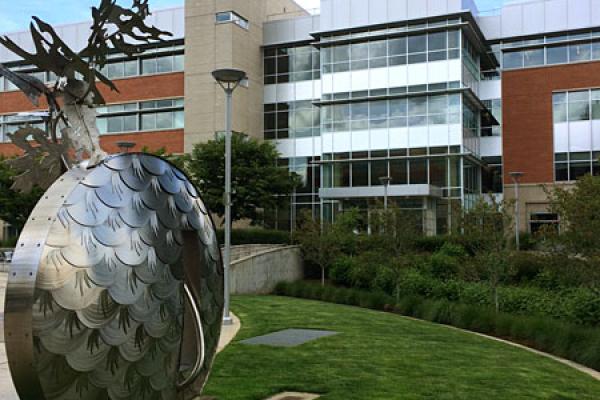The Canby Ferry crosses the Willamette River between Canby and Wilsonville. Since operating the ferry costs more money than it receives in revenue, in 2018 the Board of County Commissioners directed staff to evaluate the long-term financial and traffic impacts of options for crossing the river at the same location (see feasibility analysis details).
The study included projections and data on estimated costs, traffic impacts and related issues of six options related to building, or not building, a bridge and keeping, or not keeping, the Canby Ferry. Public meetings were held to provide information about the project, gather input and share the analysis results before a final report was presented to the board in early 2019.
The Canby Ferry Alternatives Feasibility Study determined that it was financially feasible to build a bridge constructed and maintained using revenues from tolls. However, in response to an overwhelming negative reaction from the public on the potential traffic impacts of a bridge on surrounding communities, the board decided not to pursue the bridge option. The Board directed staff to keep the ferry operating and explore and/or implement options to decrease the funding shortfall.
Feasibility Analysis Details
Cost Estimates for Alternatives
- Costs for future operations, maintenance and capital for Canby Ferry
- Costs to discontinue ferry operations
- Cost for development, construction, and maintenance for bridge: Conceptual plan and elevations for two bridge concepts, both to be located at the current location of the Canby Ferry and extend from top of bluff on the north side to top of bluff on the south side. The bridge concepts will be selected to provide low and high figures for costs and environmental impacts.
- Operating costs for three toll methods: manual, transponder and optical character recognition. Identify facility requirements and associated costs, information system requirements, staff/vendors, annual operating costs and administrative costs
- Identify roadway improvements that will be necessary to accommodate increased traffic and estimate cost for the improvements
Revenue and Traffic for each Alternative
- Future revenue and traffic assuming only continued operation of Canby Ferry
- Future traffic with the addition of a non-tolled bridge
- Future traffic with a tolled bridge, with tolls of various amounts to identify the relationship between cost and traffic. A financial forecast of expected toll revenues on a yearly basis will be developed for each toll scenario. Future traffic with highly congested conditions on I-5/I-205 will also be analyzed to identify maximum diversion.
Total Annual Costs
- Estimate future costs for the operation/maintenance of the Canby Ferry including capital rehabilitation and replacement.
- 30 Year Bonding Cost analysis incorporating all capital improvement costs for the bridge and associated facilities including annual debt service and financing costs, annual contribution to capital reserves, and increased cost for roadway operations and maintenance.
- 30 Year Annual Cost analysis for the toll collection system including annual cost for toll system operations, staffing, operations and maintenance. The analysis will be conducted for three alternative tolling methods in use today (manual, electronic and photo) to develop a cost analysis for the application of each of the tolling methods to the Canby Bridge, including the option for contracting for logistical/administrative support with other agencies in the Northwest.
- Analysis to identify roads and intersections in the surrounding area that will experience increased traffic due to the addition of the bridge and estimated increases in annual maintenance costs.
Financial Feasibility
- Annual revenue minus annual costs for each of the six alternatives identified above.
Other Issues
- Prepare an outline of all steps to develop a bridge and implement tolling, including requirements for tolling by local governments under Oregon Revised Statutes, environmental review and permitting by state/federal authorities.
 Translate
Translate







